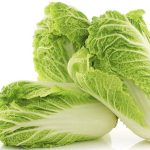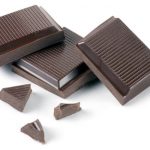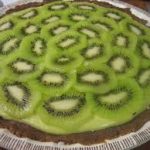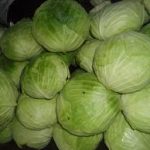Lemons aren’t my most favourite fruit I have to say, as with limes, it’d rather have them in a drink than have to eat or suck one. But hey, just because i’m not partial to them, doesn’t mean that guinea pigs can’t be partial to them?
Lets find out.
As per usual we’ll take a look at its nutritional data to find out a little more about it. In particular, the sugar, oxelate acid, fat, phosphorus, and calcium content is what affects piggies most of all.
Energy 121 kJ (29 kcal)
Carbohydrates 9.32 g
– Sugars 2.5 g
– Dietary fiber 2.8 g
Fat 0.3 g
Protein 1.1 g
Thiamine (vit. B1) 0.04 mg (3%)
Riboflavin (vit. B2) 0.02 mg (2%)
Niacin (vit. B3) 0.1 mg (1%)
Pantothenic acid (B5) 0.19 mg (4%)
Vitamin B6 0.08 mg (6%)
Folate (vit. B9) 11 μg (3%)
Choline 5.1 mg (1%)
Vitamin C 53 mg (64%)
Calcium 26 mg (3%)
Iron 0.6 mg (5%)
Magnesium 8 mg (2%)
Manganese 0.03 mg (1%)
Phosphorus 16 mg (2%)
Potassium 138 mg (3%)
Zinc 0.06 mg (1%)
(source: Wikipedia)
As you can see lemons contain a bit of phosphorus, calcium, and quite a bit of sugar and are quite acidic. However, they also contain an awesome amount of vitamin c which is fantastic.
Because of the above information, guinea pigs can eat lemons but not everyday unfortunately. They should only be fed sporadically, once a month at the most in small amounts so as not to upset their stomach’s.
Can Guinea Pigs Eat Lemon Peel?
Yes they can, but just like the lemon itself, just in small amounts on a monthly basis.











